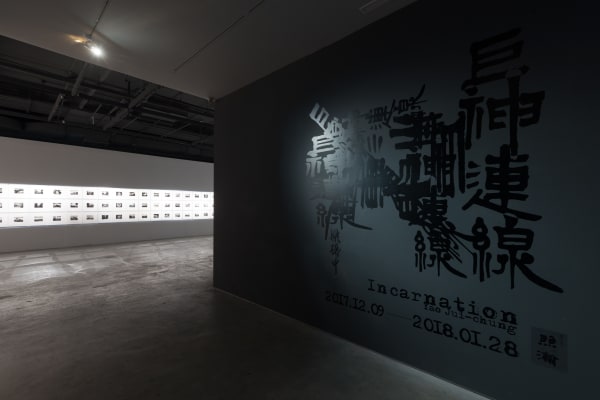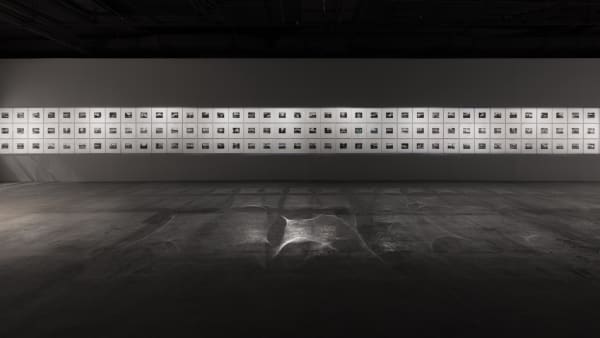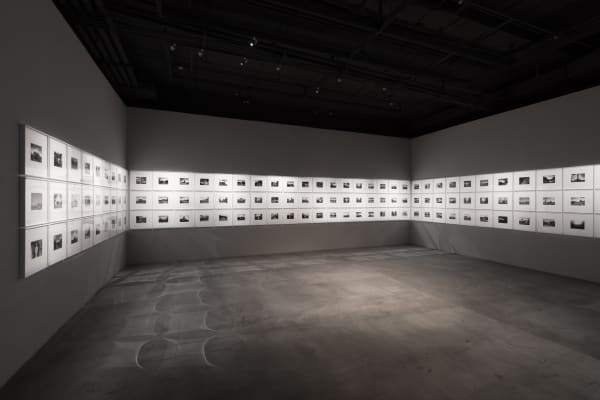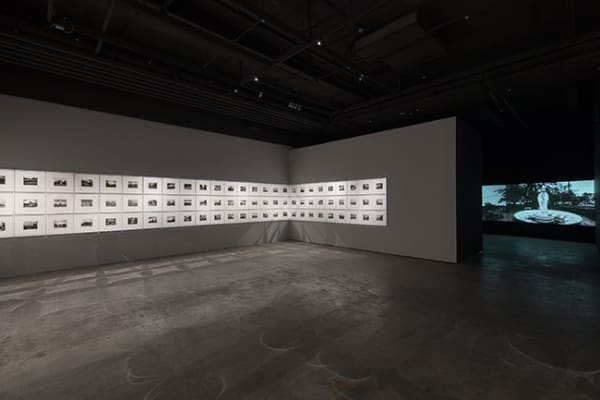Winner
Incarnation ─ Yao Jui-Chung Solo Exhibition
Date
2017.12.09–2019.01.28
Venue
TKG+
Commentator
WANG Sheng-Hung
Comments on the Finalist
Since his previous project,Mirage: Disused Public Property in Taiwan, YAO Jui-Chung has developed a panoramic vision to observe a wide range of spaces, from local sites and streets, to townships and cities, to the entire island, to even the East Asian geographic relations and contexts. However, different from the geo-political issue discussed in Mirage, Incarnation goes beyond the surface of Taiwan’s folk and temple culture and investigates the spiritual structure and endless desire therein. As the artist deals with the rise and fall of these large religious statues, he sidesteps the overly enthusiastic gaze commonly seen in traditional folk photography while refraining from expressing personal critique. Instead, he adopts a fully detached perspective to observe the phenomenon. By conducting thorough field research, publishing the photography album, and creating a grid-like display reminiscent of an archive room in the exhibition, Incarnation has not only delineated a unique cultural landscape on this island, but also put forth an eclectic, analytical viewpoint without compromising the meaning of the work, opening up an expansive space for later discussion.
Jury’s Comment for the 16th Visual Arts Award Winner
“Incarnation” contemplates and re-presents the bizarre spectacle of religious idols in Taiwan drawn variously from Buddhist, Taoist and even Animist iconography. The large body of photographs produced by Yao Jui-Chung is complemented by a three-channel video installation that represents a new departure for the artist. In the video, the reading of the images is inflected by an eerie soundtrack made up of a “complex radio spectrum” of space recordings by NASA. The work points to a collective crisis of the “hollowing-out” of spiritual belief and a sense of living in a time of ruined hopes. The jury recognizes the maturity of YAO Jui-chung’s approach to his art practice, and his ability to constantly renew his perspectives. “Incarnation” offers viewers the opportunity to reflect upon the space of “faith” and the complex motivations behind the creation and worship of these deity statues, while underlining the fluid navigation between materialism and spirituality in the Taiwanese context.




